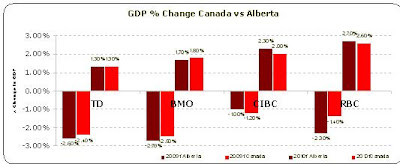Think that your landlord tenant lease is enough to protect you because of tenant didn’t pay their rent?
Think again. In Ontario, the landlord tenant board stacks the odds in favor of the tenant.
Any property manager and real estate investors who owns cashflow residential real estate can tell you how frustrating it is dealing with a tenant who is destroying your property and NOT PAYING RENT.
Trash everywhere, destroyed walls, stained carpets, damaged doors…and you cannot throw these vandals out on the spot?
Going through this for the first time, I felt violated, helpless, and most of all angry. How can the rules be so stacked against me? How can this be fair? Asking myself these questions over and over was sending me a loop. I can see why most people feel burned and never want to invest in real estate, the loss is so personal.
Going through these experiences early in my career was a blessing, because I now know how to play the game to win, I know how to set up the systems preventing me from ever getting to that breakpoint again. Thanks to April “The Terminator” Stewart, whose company, Landlord Legal, mission is to save to save landlords and real estate investors from ever reaching this breaking point I’ve compiled the Top 10 ways to prepare and win at the Landlord Tenant Board hearing.
- Don’t accept excuses for late rent: serve an N4 as soon as they are late
- Follow directions exactly on all Board forms – 100% accuracy is a must
- Serve the documents by accepted methods as listed on COS
- Pay attention to Termination Dates! Again 100% accuracy!
- Don’t Go Blind: Obtain legal advice or representation prior to the Hearing
- Make sure you have up to date evidence and records ready in triplicate
- Provide a copy of your evidence to the opposing party before your case is called, preferably at the start of the Hearing Block
- Consider mediation at your hearing – for a result that can’t be appealed
- Address the Member as Mr. Chair or Madam Chair
- Show respect for the other party and the Board Member at all times









